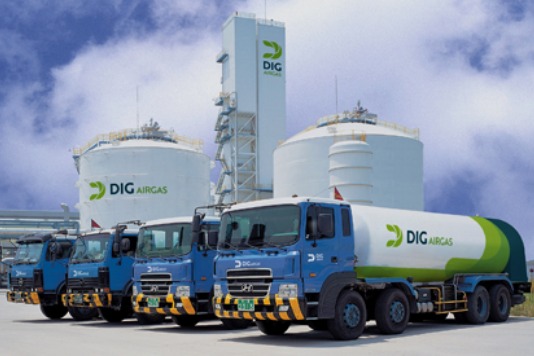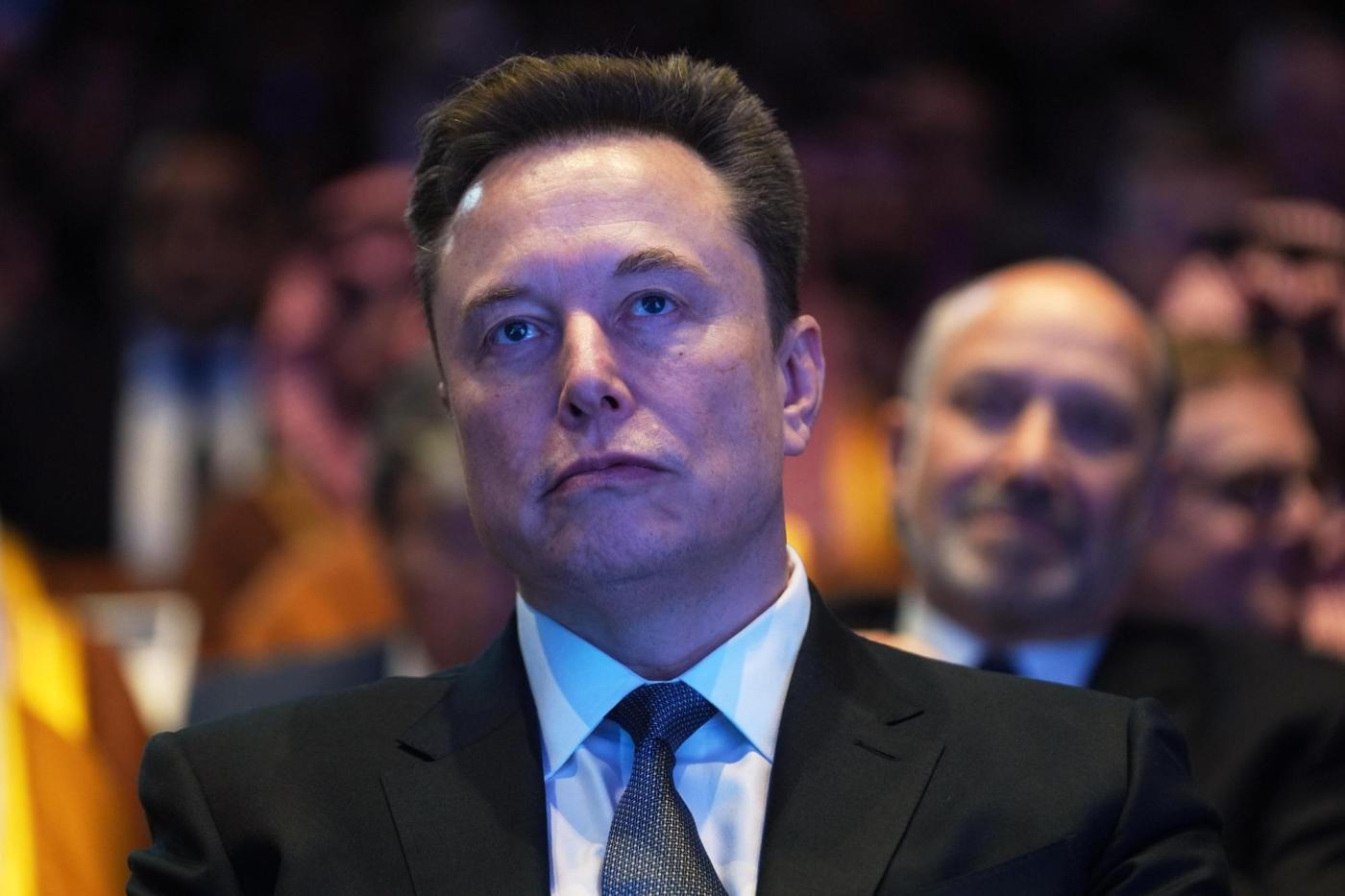Air Liquide Acquires DIG Airgas for $2.9 Billion in Urgent Deal

BREAKING NEWS: French industrial gas giant Air Liquide has just announced a monumental deal to acquire DIG Airgas from Macquarie Asset Management for a staggering $2.9 billion. The agreement, signed this Thursday, marks Air Liquide’s significant return to the South Korean industrial gas market after a decade-long absence.
The acquisition, valued at over 4 trillion won, gives Air Liquide a 100% stake in DIG Airgas, the nation’s third-largest supplier of industrial gases. This critical move comes as Air Liquide aims to bolster its position in a market currently led by industry titan Linde Korea Co. and Air Products Korea.
Sources indicate that Air Liquide triumphed in a competitive bidding process, outpacing global rivals including Brookfield Asset Management and Stonepeak. The company’s winning bid was crucial, especially after negotiations with Macquarie revolved around a challenging price adjustment due to falling demand from key clients such as SK Innovation and LG Chem.
The deal price was hotly debated, with Macquarie initially seeking nearly 5 trillion won. However, both parties ultimately settled in the low-to-mid 4 trillion won range, reflecting the current market conditions and pressures from ongoing restructuring in the petrochemical sector.
DIG Airgas, headquartered in Paju, Gyeonggi Province, manufactures specialty gases essential for the semiconductor and display industries, serving major clients like Samsung Electronics and SK Hynix. This acquisition signals a strategic pivot for Air Liquide, returning to a market it exited in 2014 after selling its stake in Daesung Industrial Gases.
Air Liquide’s return is noteworthy as it plans to integrate DIG Airgas into its global operations, aiming to leverage its expertise in specialty gas production. However, industry experts warn of potential challenges ahead, particularly concerning the ongoing weakness in petrochemical cycles and possible policy-driven changes that could affect integration efforts.
The acquisition also hints at a shifting landscape within the industrial gas sector in South Korea, where competition is fierce. Analysts suggest that Air Liquide’s strategic positioning could reshape future dynamics, especially if other assets, such as Air Products Korea, enter the market for sale.
As the deal unfolds, market watchers will closely monitor Air Liquide’s integration strategies and how it navigates the complexities of the South Korean market, which has seen significant transformations in recent years.
This urgent development not only showcases Air Liquide’s aggressive growth strategy but also highlights the critical dynamics shaping the global industrial gas market. Stay tuned as we provide further updates on this evolving story.






